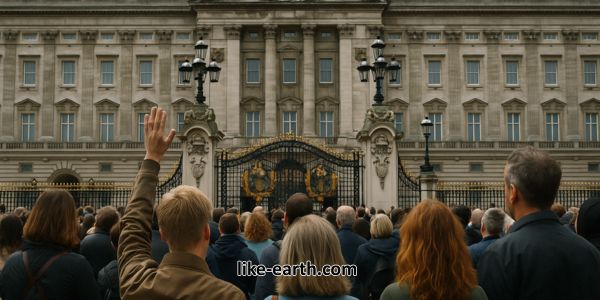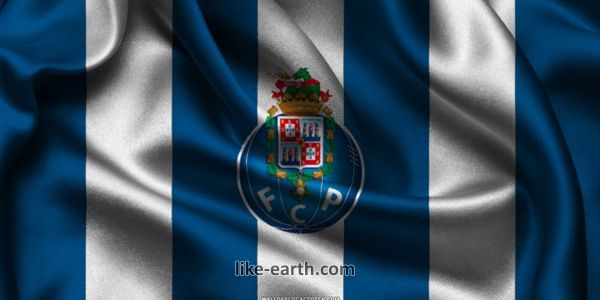Public Response to the Royal Family’s Decisions

“Public reaction to royal family decisions sparks controversy” — this seven-word phrase sums up the complexity of the relationship between the British monarchy and the public. The royal family, as the figurehead of the United Kingdom, frequently makes decisions that resonate deeply with the public. Whether political, cultural, or social, these decisions often come under intense scrutiny. In this article, we will explore the varied public responses to key royal decisions and examine how they influence both public perception and the monarchy’s role in modern society. Public Response to the Royal Family’s
The Role of the Royal Family in Modern Britain
The British royal family has long been a symbol of stability, tradition, and national pride. However, its role in contemporary Britain has evolved over time. While the monarchy no longer holds direct political power, its influence remains significant. The royal family is often seen as a source of national unity, especially during times of crisis. Yet, royal decisions are frequently met with mixed reactions from the public, ranging from admiration to outright opposition.
Over the years, key decisions made by the royal family have sparked debates, with some arguing that they are out of touch with modern society, while others see these decisions as part of a longstanding tradition that should be upheld. The public’s reaction to these decisions reveals the fine balance the monarchy must maintain to stay relevant in a changing world.
Public Reactions to Political Decisions
One of the most controversial aspects of royal family decisions is their involvement in politics. While the monarchy is constitutionally neutral, royal figures often make statements or take actions that indirectly influence public opinion. For example, Queen Elizabeth II’s role in the Brexit referendum raised eyebrows. Her refusal to publicly express an opinion was seen by some as an act of political neutrality, while others criticized it as a missed opportunity to take a stance on a divisive issue.
Similarly, Prince Harry and Meghan Markle’s decision to step back from royal duties in 2020 was met with widespread public attention. While some supported their desire for privacy and independence, others viewed the decision as an abandonment of royal responsibilities. This decision led to a significant public debate about the royal family’s role in political matters and their responsibility to the nation.
Cultural and Social Impact of Royal Decisions
The royal family’s decisions can also have a profound impact on British culture and society. For example, royal weddings, births, and funerals are major cultural events that draw international attention. These occasions often reflect societal values, and public reactions to them can reveal much about the state of the nation.
In 2018, the wedding of Prince Harry and Meghan Markle was a landmark event not only because of the couple’s status but also due to the conversations it sparked around race, diversity, and the royal family’s evolving image. Meghan, who is biracial, was a groundbreaking figure in royal history, and her marriage to Prince Harry challenged traditional norms. Public reactions were mixed, with some celebrating the couple’s progressive approach to royal duties, while others raised concerns about the future of the monarchy.
Royal Scandals and Public Perception
Royal scandals have also played a key role in shaping public response to the royal family’s decisions. From the infamous affair of Prince Charles and Camilla Parker Bowles to the more recent controversies surrounding Prince Andrew, these scandals have had a lasting effect on public opinion. While some members of the public continue to support the monarchy despite these issues, others argue that such scandals undermine the royal family’s integrity and their ability to serve as a symbol of national unity.
The scandal surrounding Prince Andrew, in particular, has been a major point of contention. His alleged involvement in the Jeffrey Epstein case and the subsequent public backlash have led to a significant decline in his popularity. While the royal family has distanced itself from Prince Andrew, the controversy has raised questions about accountability and transparency within the monarchy.
The Media’s Role in Shaping Public Opinion
The media plays a crucial role in shaping public responses to royal decisions. Tabloid newspapers, in particular, have long been a vehicle for both praise and criticism of the monarchy. The way royal family members are portrayed in the media can greatly influence how the public perceives them and their actions.
In recent years, the media has focused heavily on the personal lives of royal family members, especially Prince Harry and Meghan Markle. The couple’s relationship with the media has been tumultuous, with accusations of biased reporting and invasive journalism. In response, Harry and Meghan have voiced their discontent with the media’s portrayal of their lives, calling for more respect and privacy. Their decision to withdraw from royal duties and relocate to the United States has only intensified media coverage, highlighting the tension between the monarchy and the press.
The Future of the Monarchy: Adapting to Change
As the British royal family moves into the 21st century, it must navigate the changing expectations of the public. With each new generation, the monarchy faces new challenges and opportunities. Public opinion continues to evolve, and royal family members are increasingly expected to engage with modern issues, including diversity, mental health, and social justice.
One of the key decisions facing the monarchy in the coming years is how to maintain its relevance in an increasingly globalized world. The public’s response to future royal decisions will likely continue to be mixed, with some supporting the monarchy’s traditional values and others pushing for greater change and modernization.
Conclusion: Navigating Public Opinion in a Changing World
In conclusion, the public’s response to royal family decisions reflects the dynamic relationship between the monarchy and the people it serves. Whether in the realm of politics, culture, or social issues, the royal family’s actions have far-reaching consequences that spark both admiration and criticism. As the monarchy adapts to the changing landscape of modern Britain, it will continue to face scrutiny, but its ability to navigate these challenges will shape its future in the hearts and minds of the public.
For more insights into global cultural phenomena, visit our Like Earth website.
Join the ongoing conversation about royal family decisions by following our official WhatsApp channel. Public Response to the Royal Family’s



